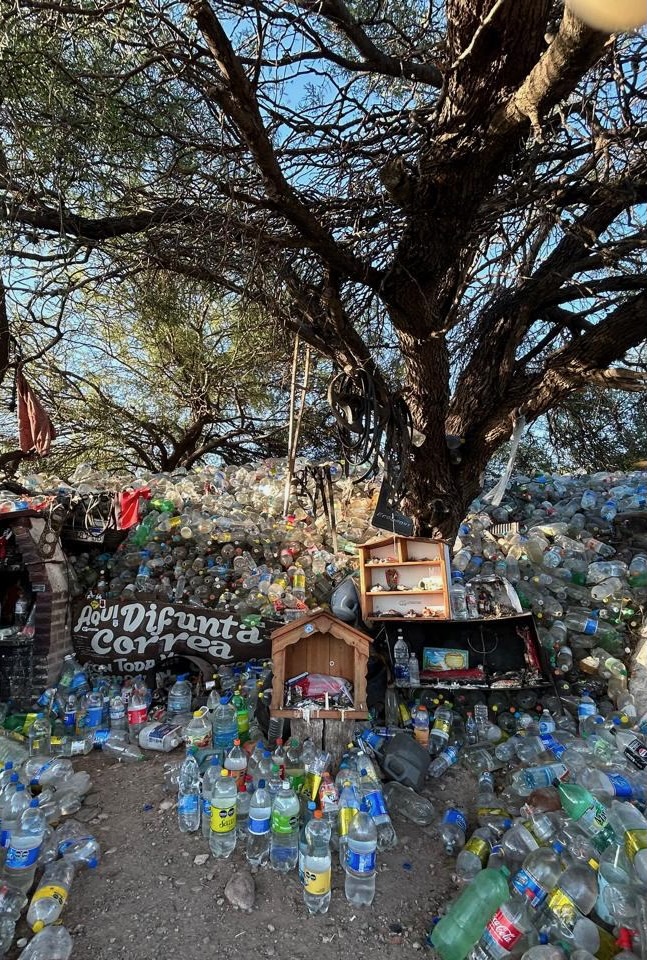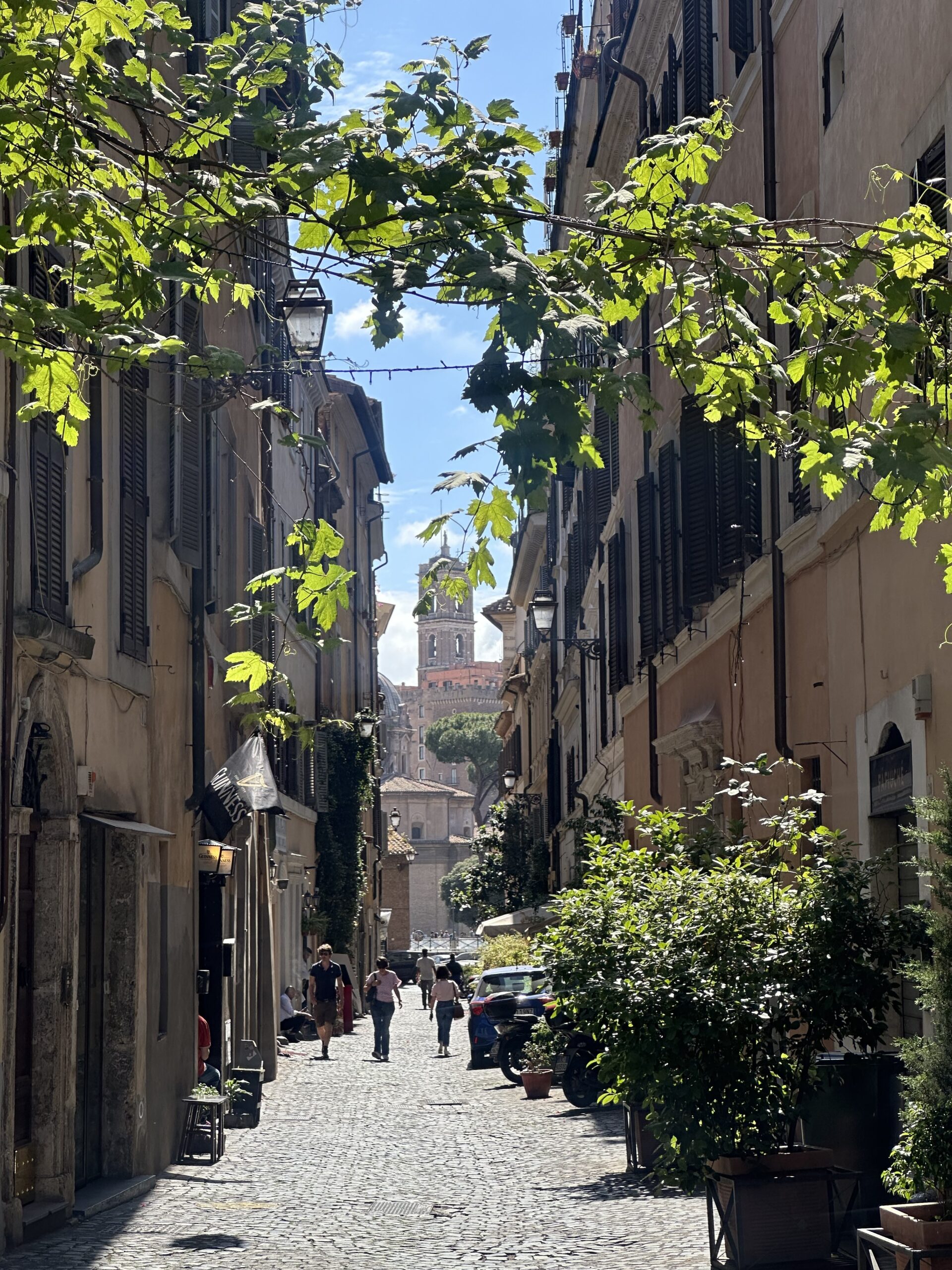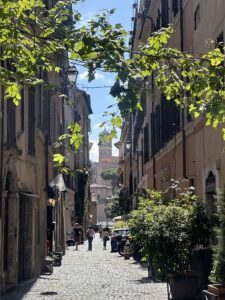When the whales wash up on shore, my friend grieves. I feel it too, but it feels further away. Deep in me, treading water, legs furiously churning under the surface. The first whale washes up on the oceanfront, just off the boardwalk. People drive out to stare at it. Its dark wet form deflates into the sand. I don’t drive to find it but think of it all day.
I scroll through the Facebook comments that claim it’s all the fault of the offshore windmills, the sonic waves mapping the ocean floor pummeling through the ocean. Everybody seems to have watched the same hoax-y documentary funded by the oil industry. But of course, it’s the boats. The whales scarred and torn up by container ships. 165,000 tons of steel running into migration paths.


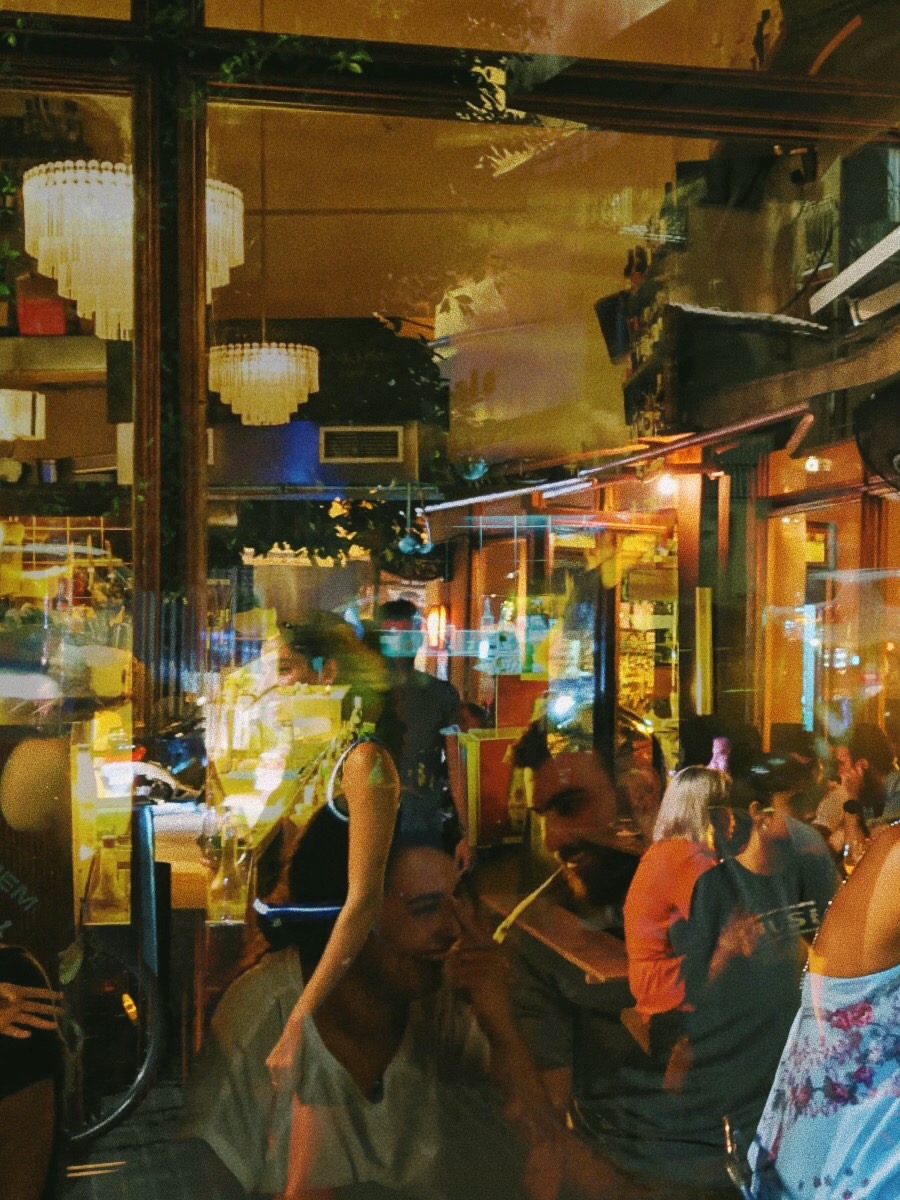
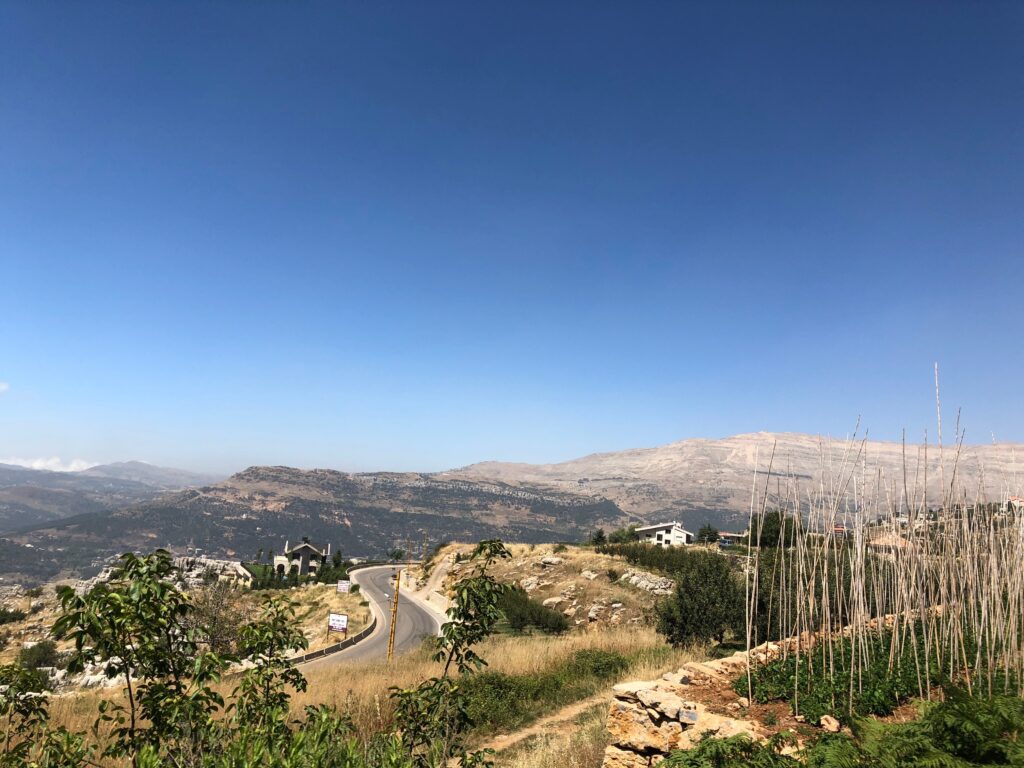


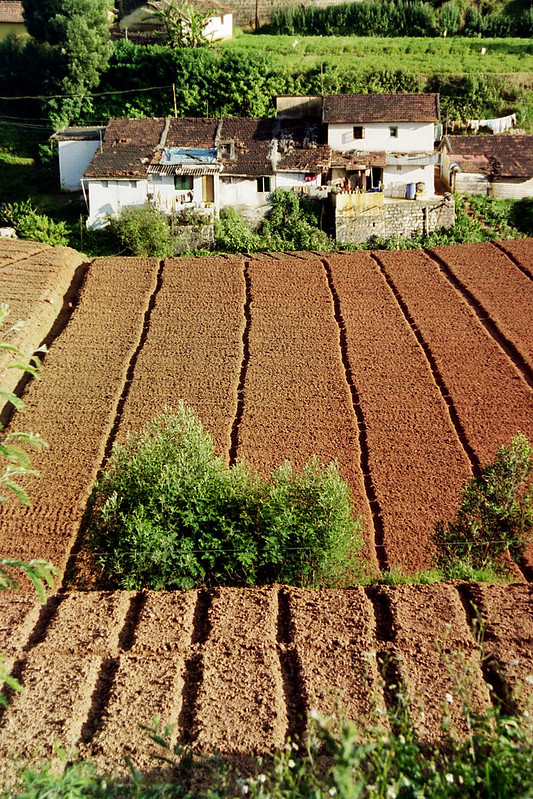

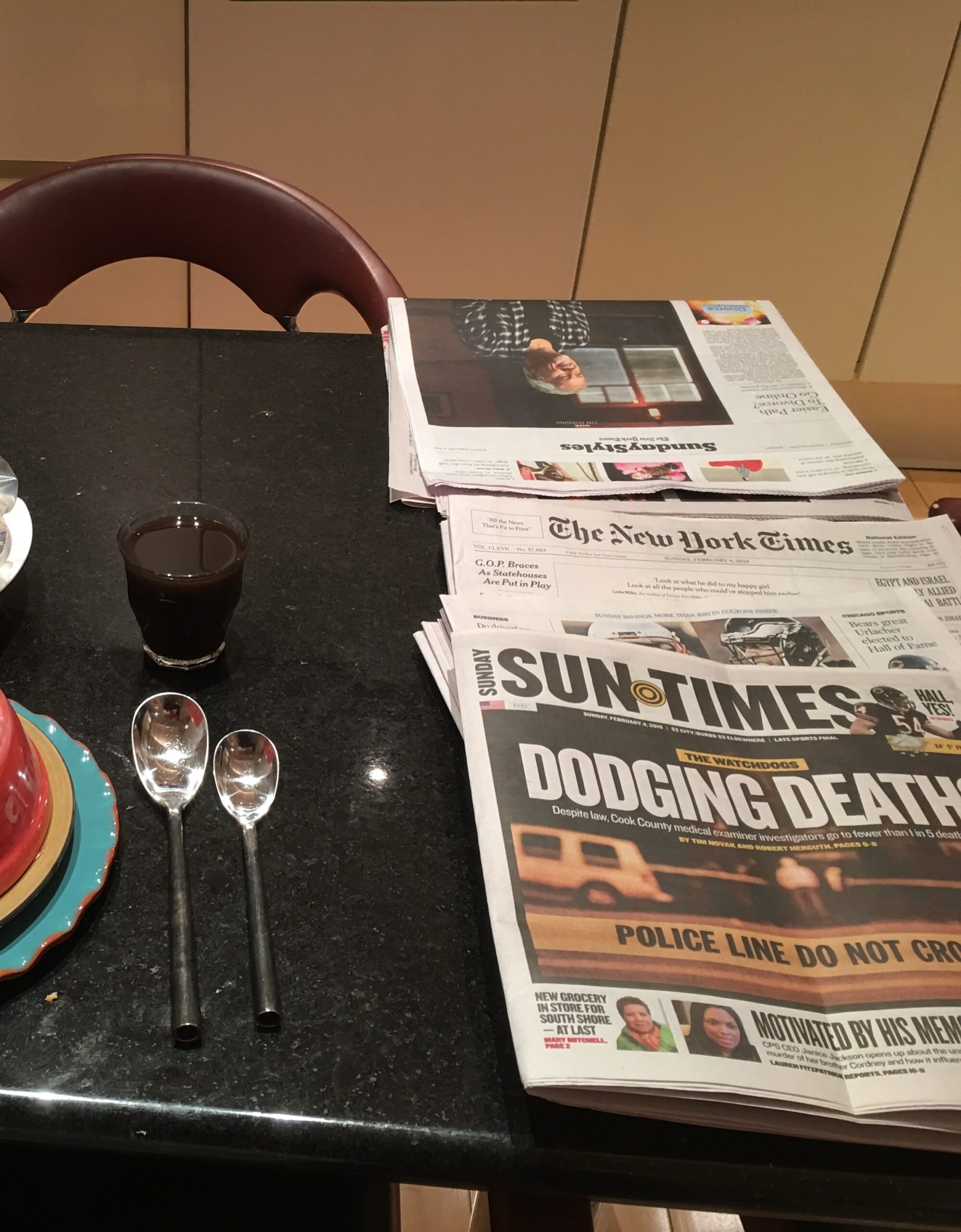
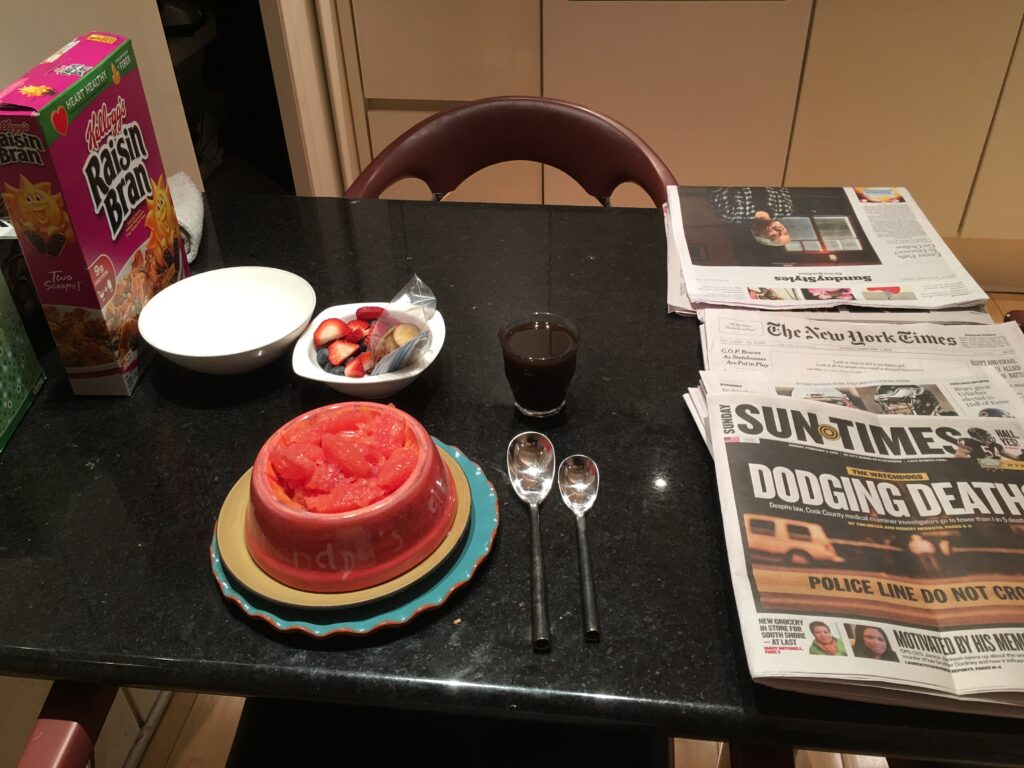
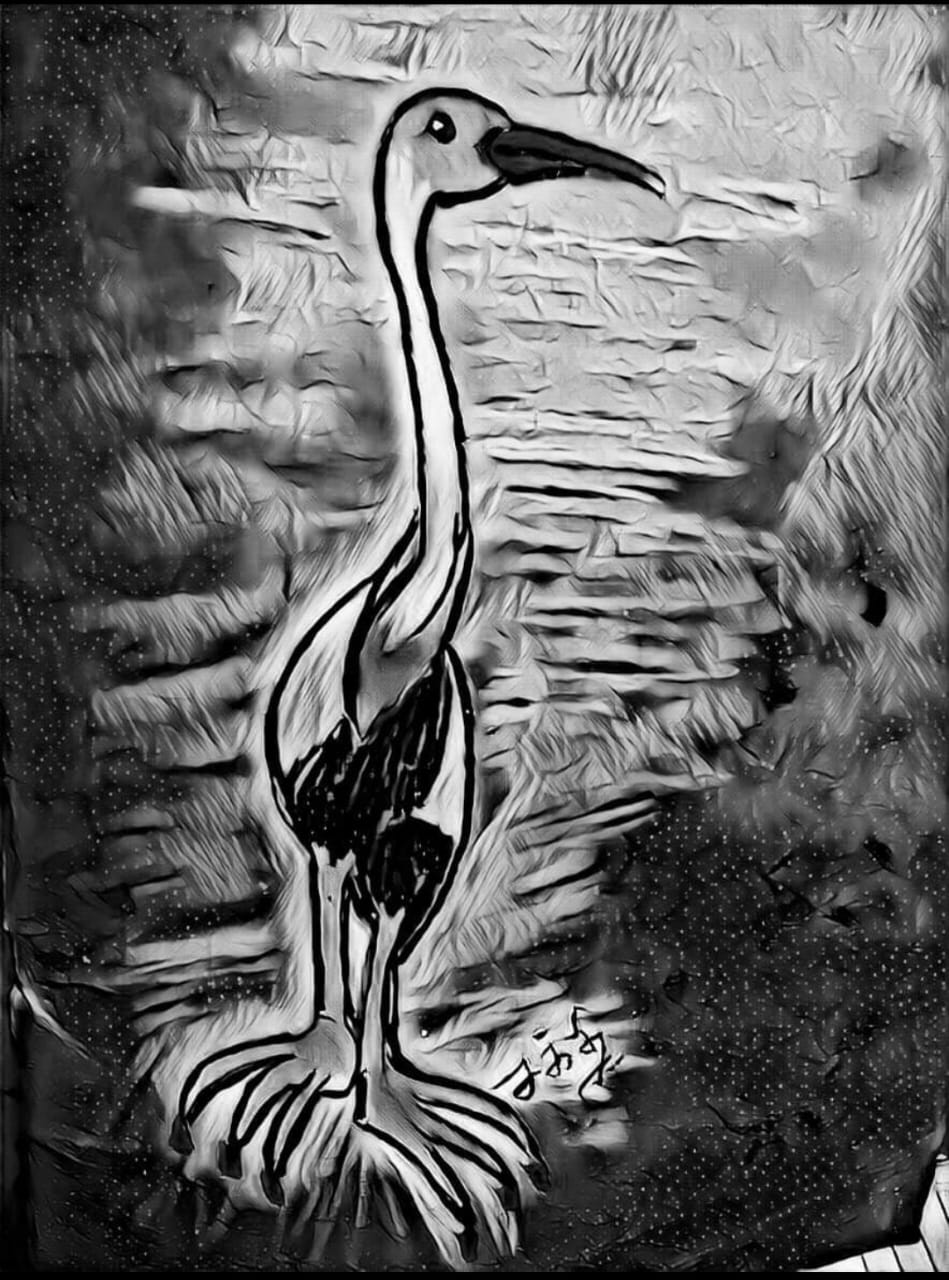
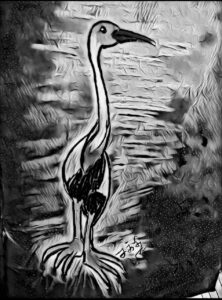

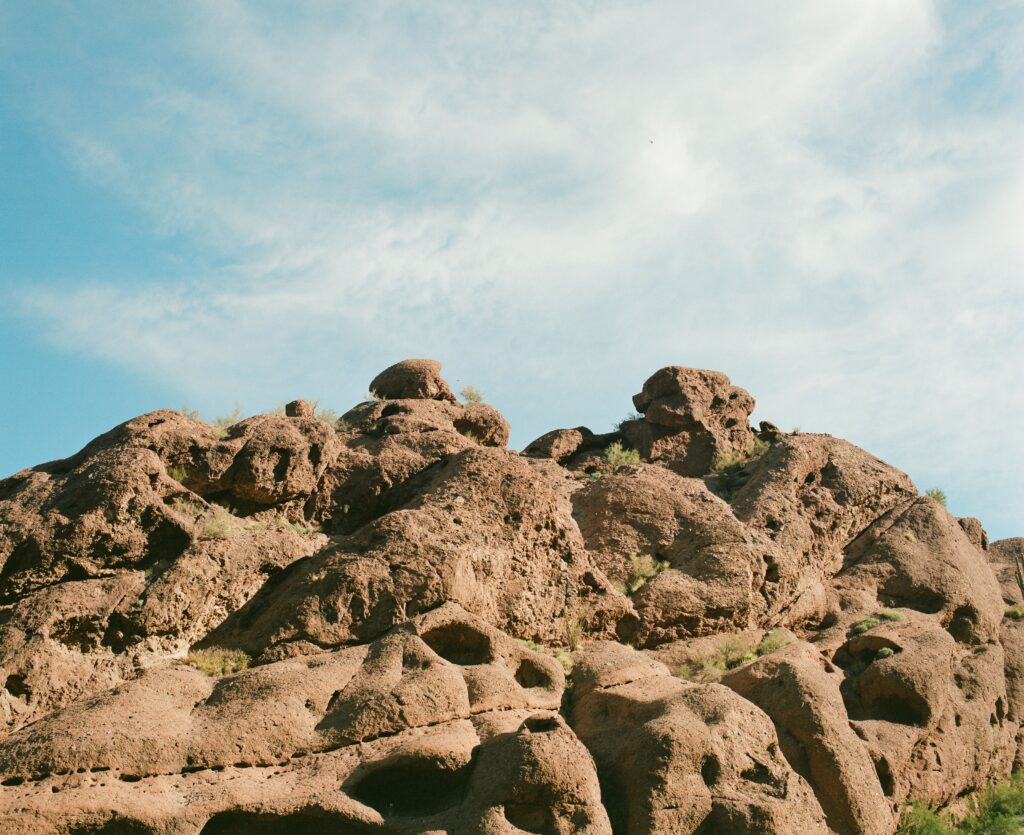 Phoenix, AZ
Phoenix, AZ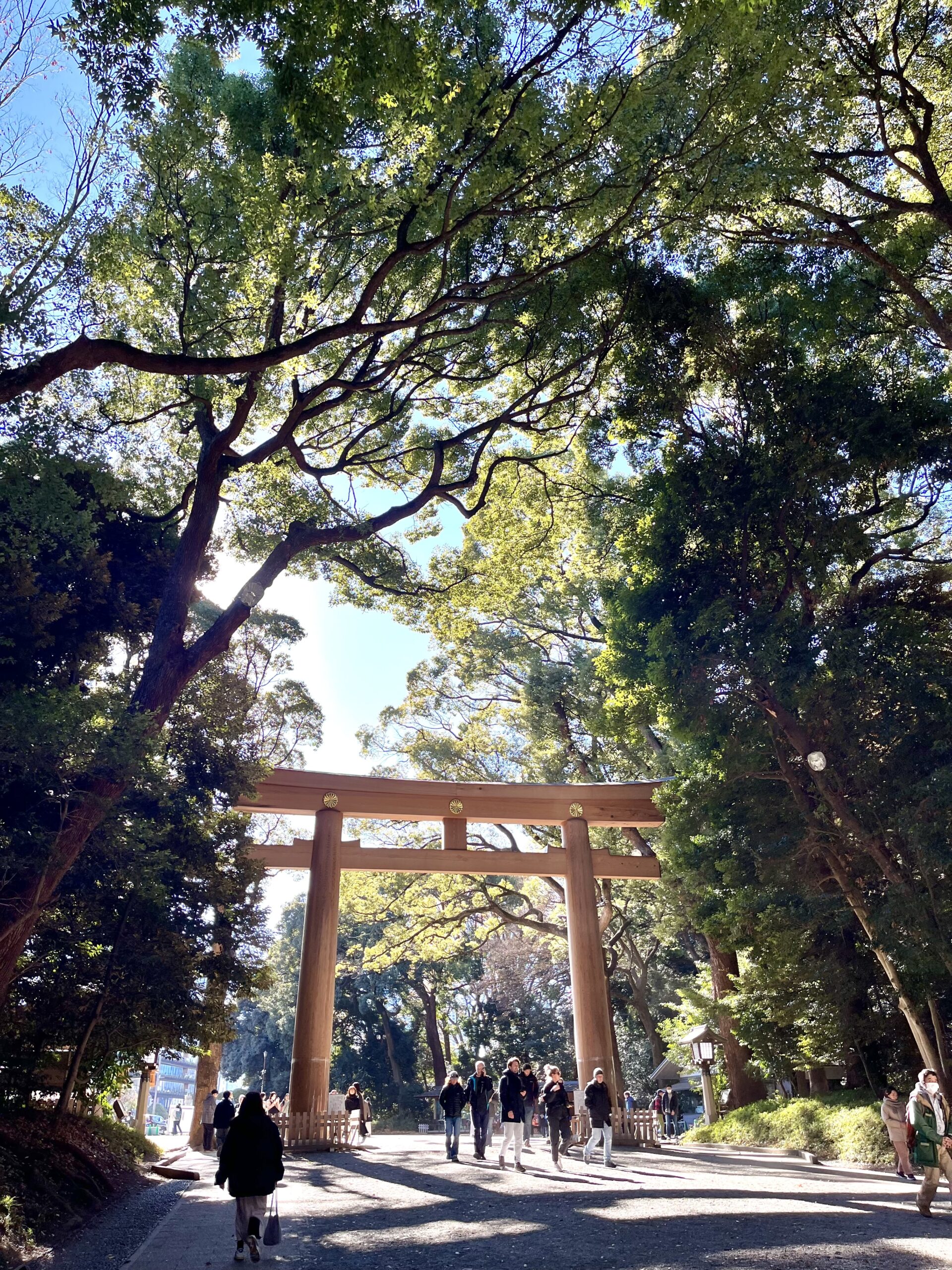
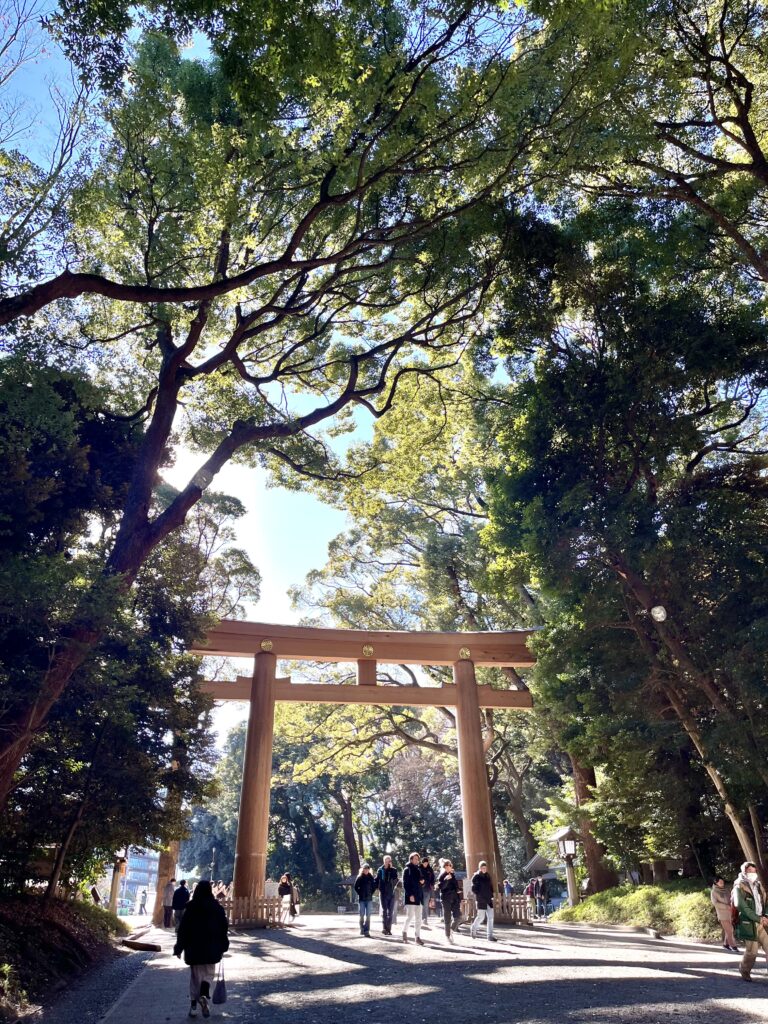 Beppu-shi, Oita Prefecture, Japan
Beppu-shi, Oita Prefecture, Japan